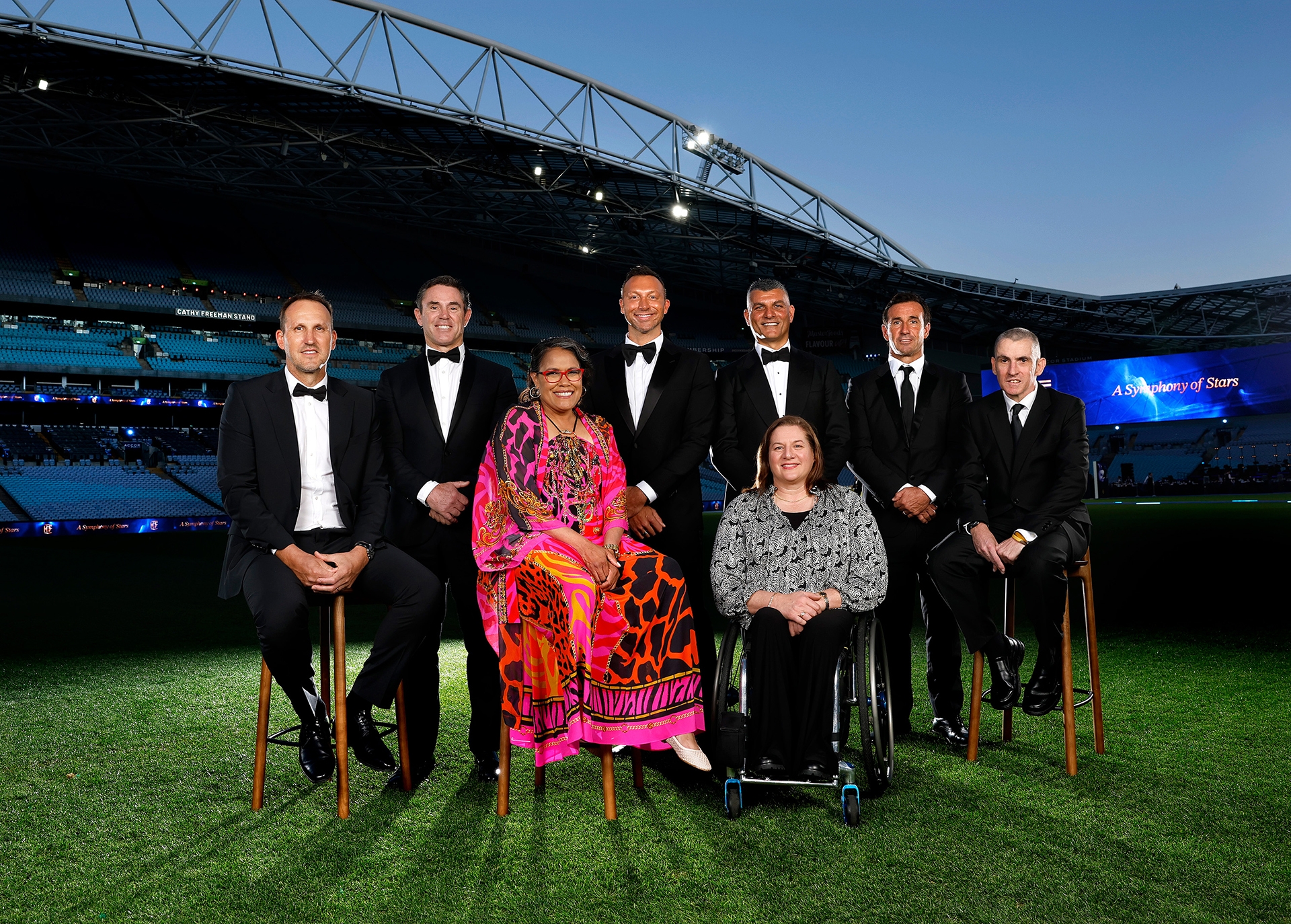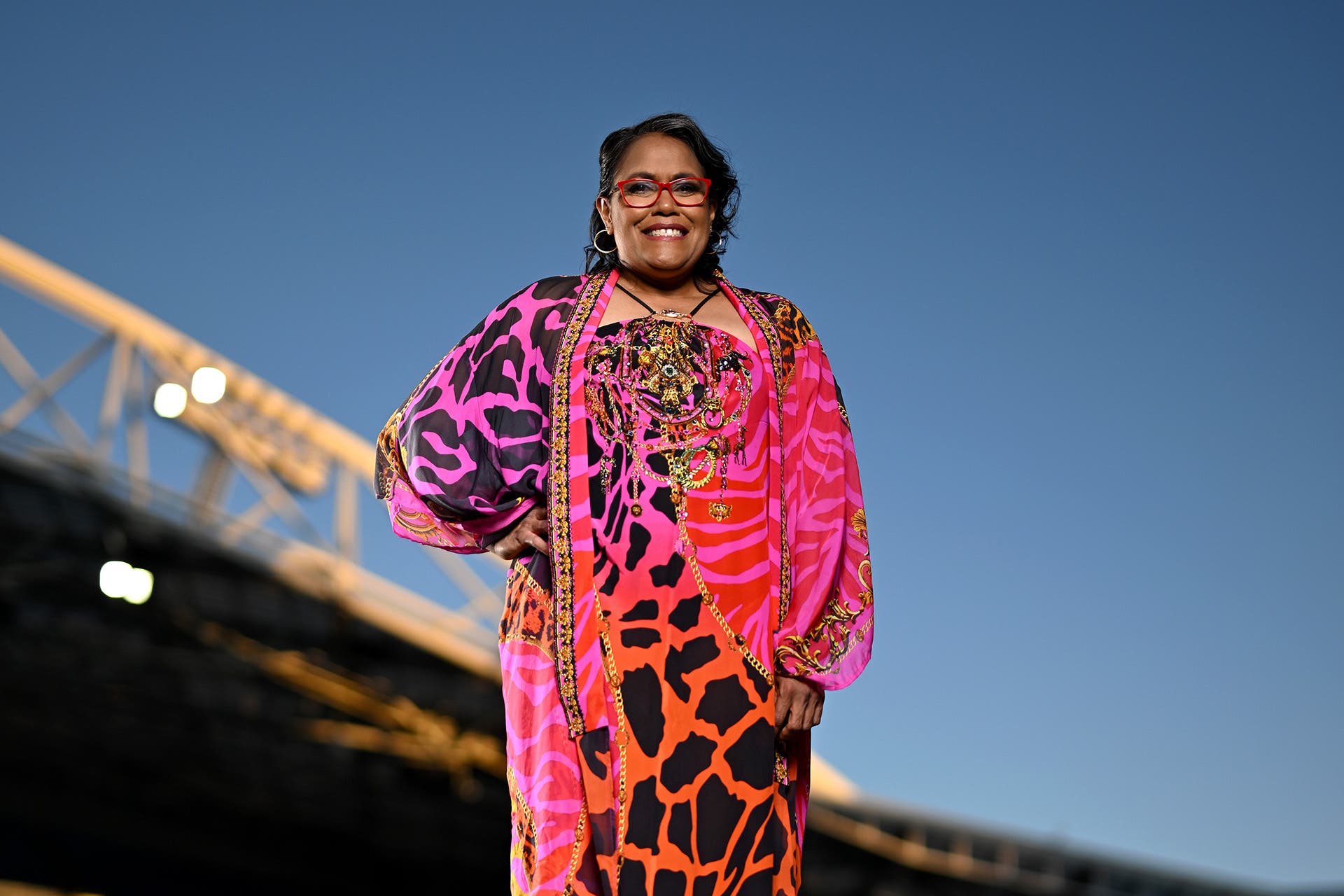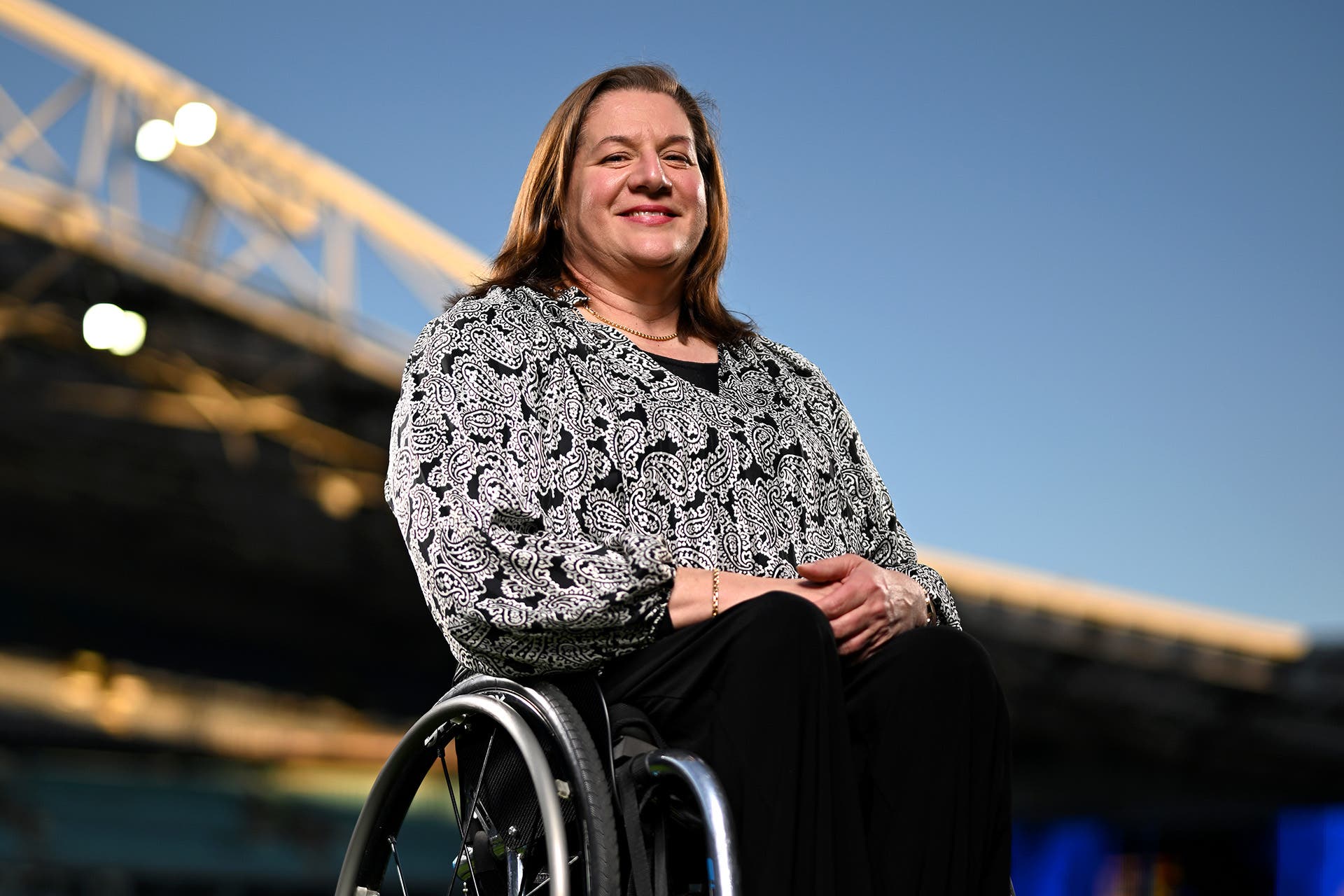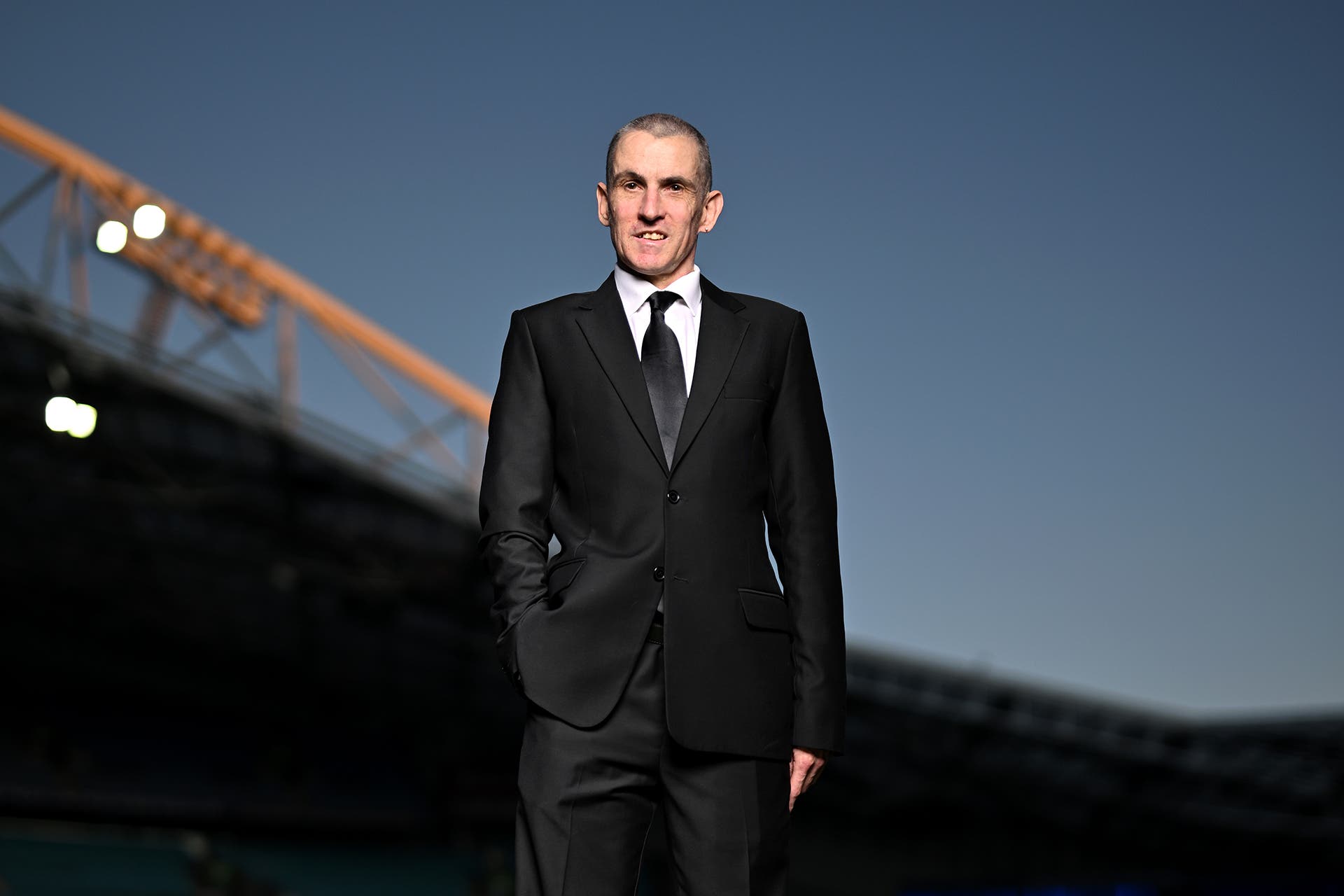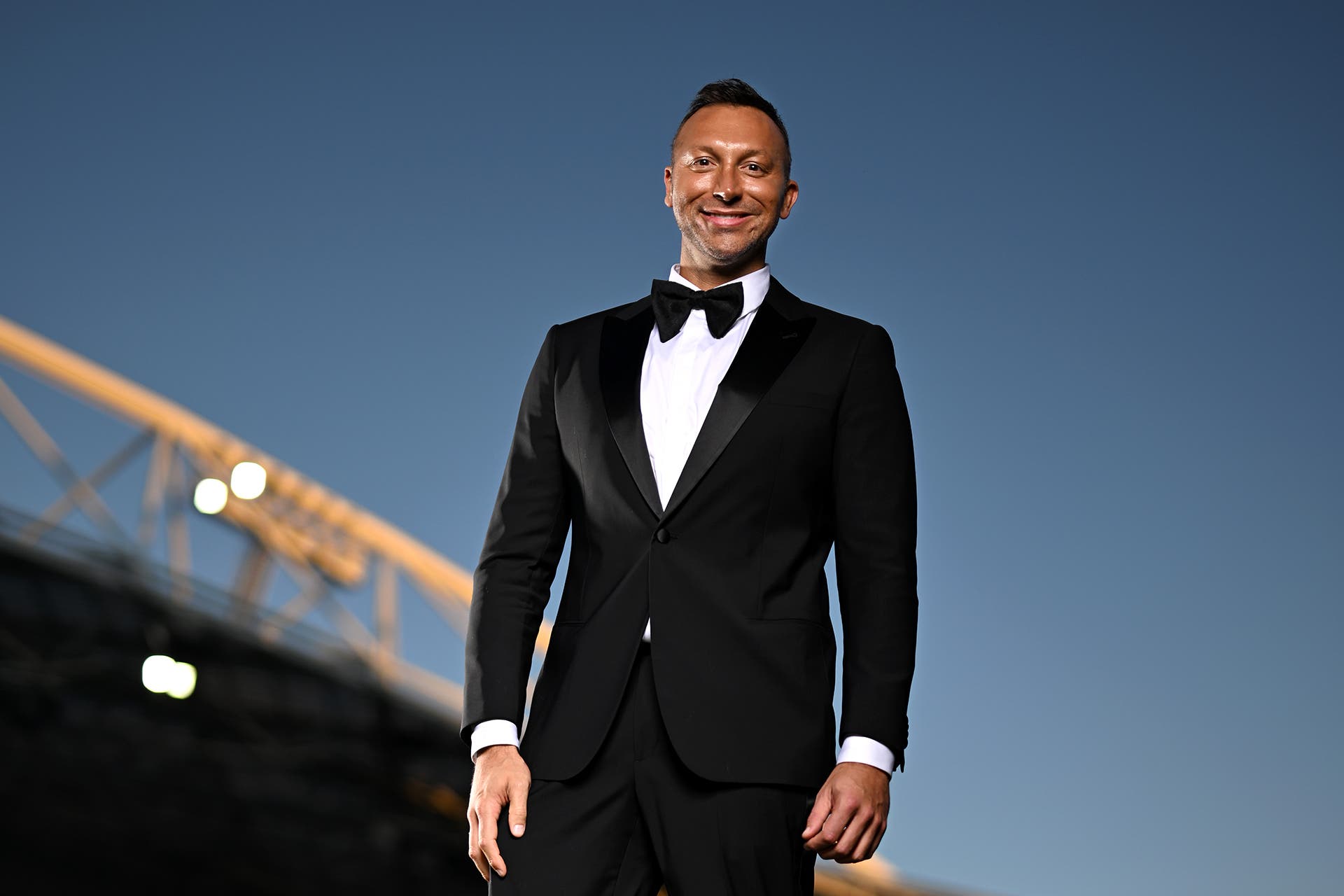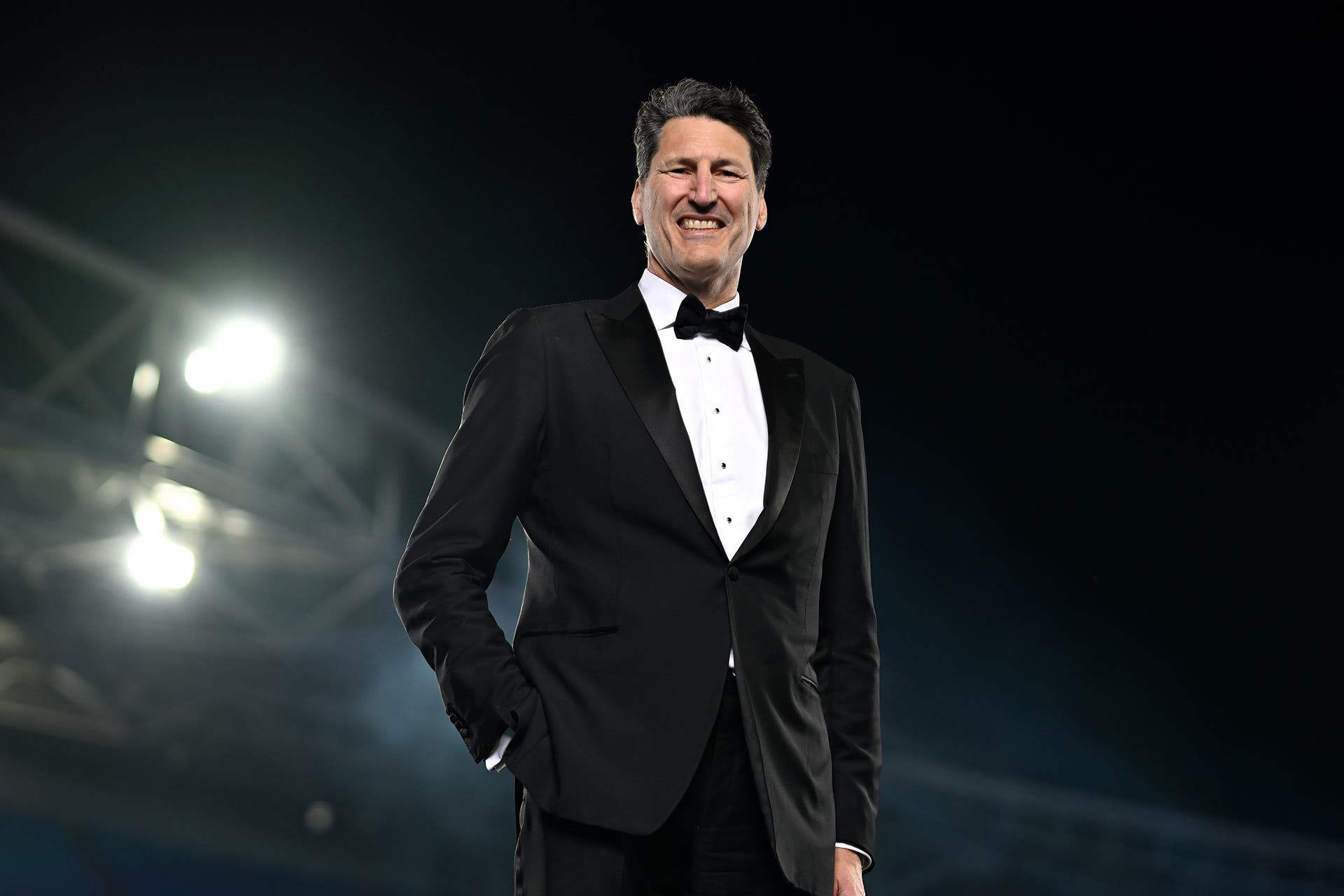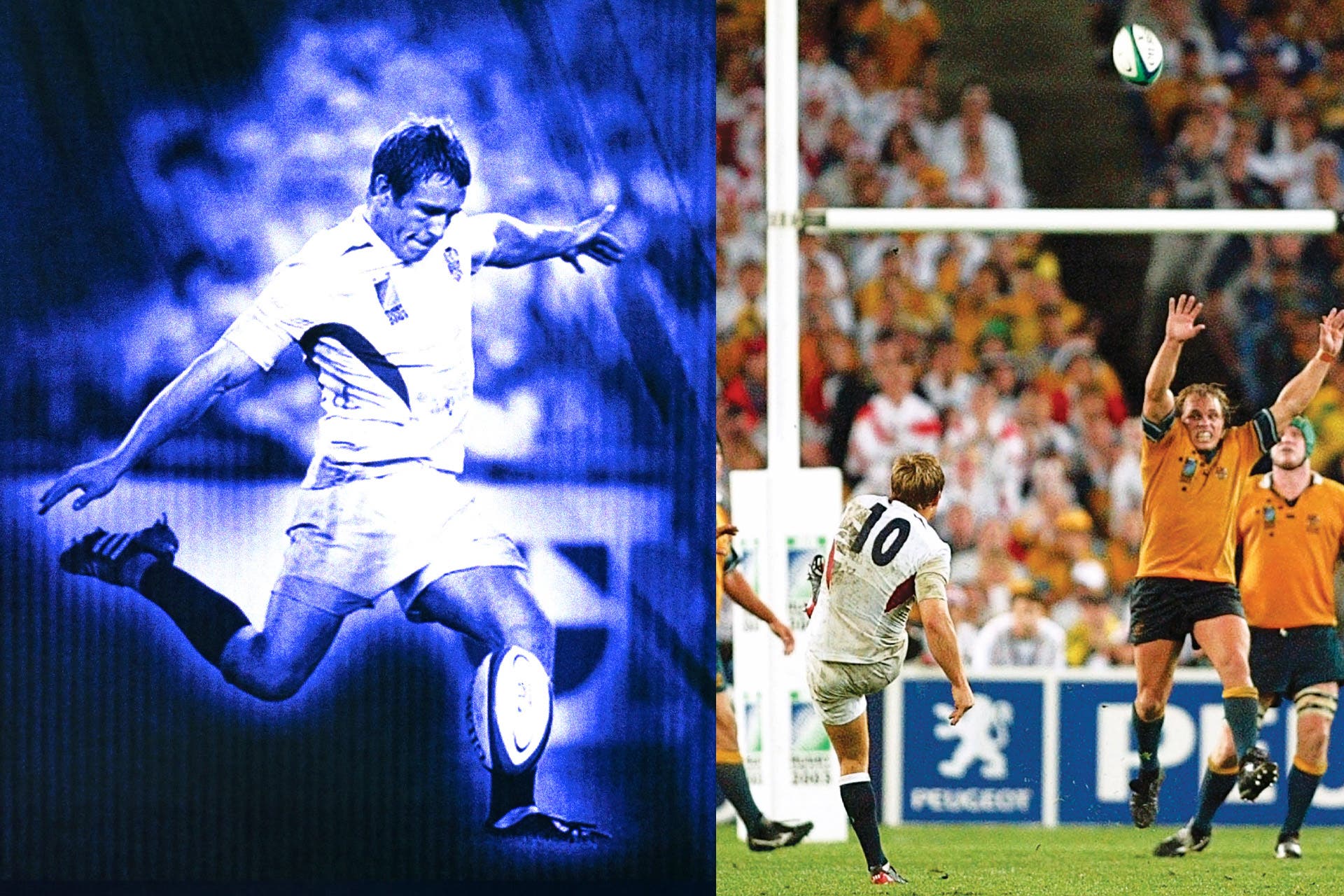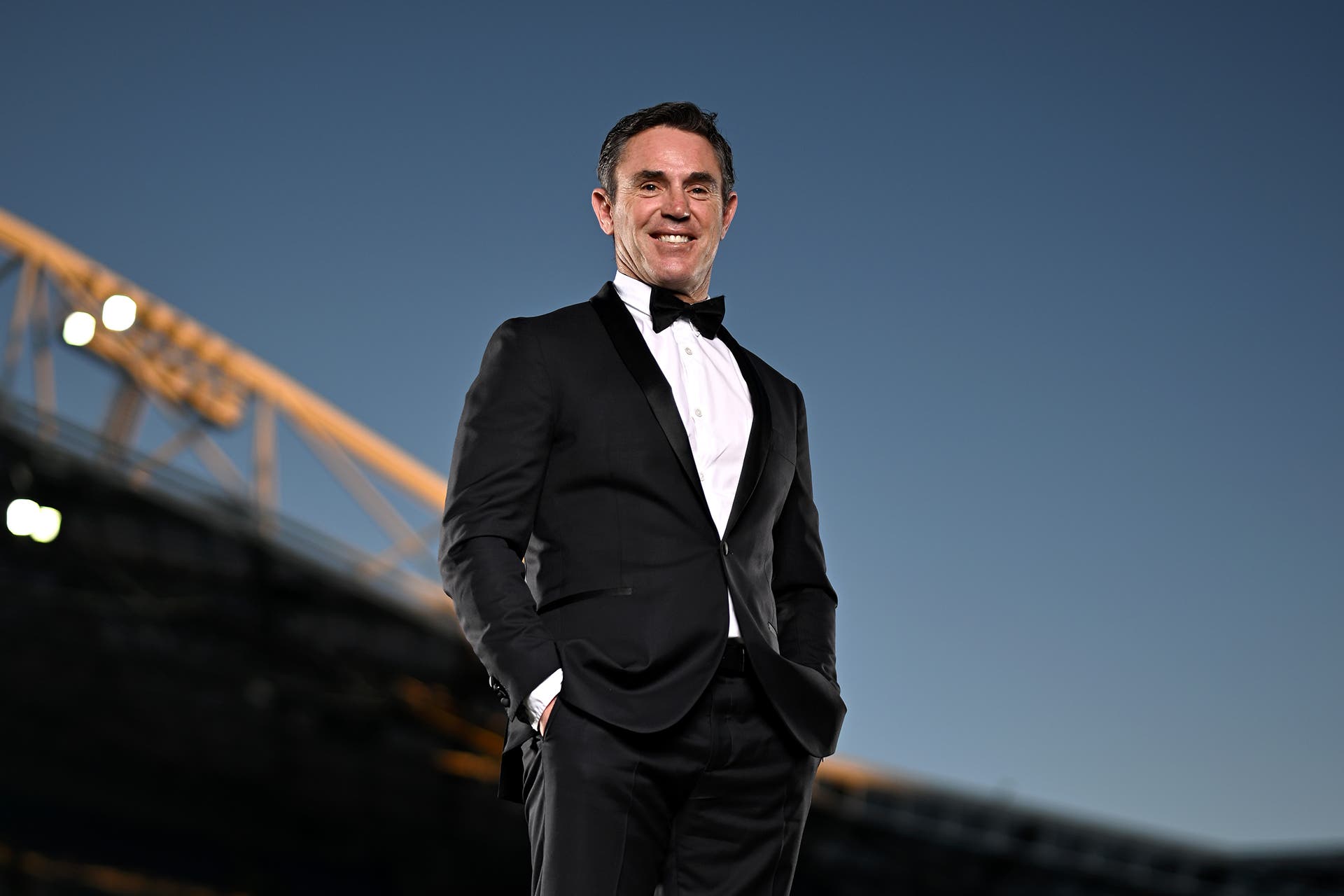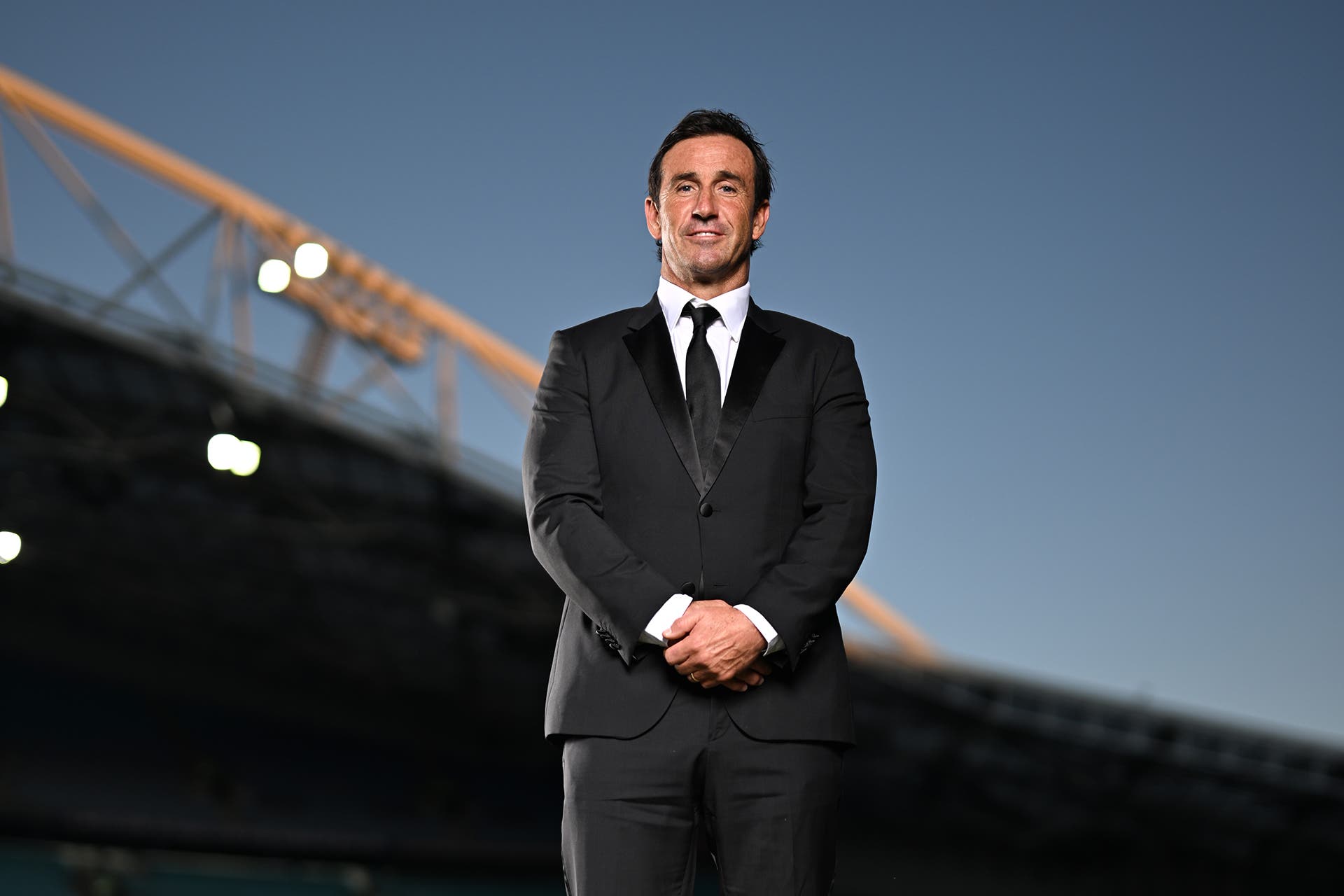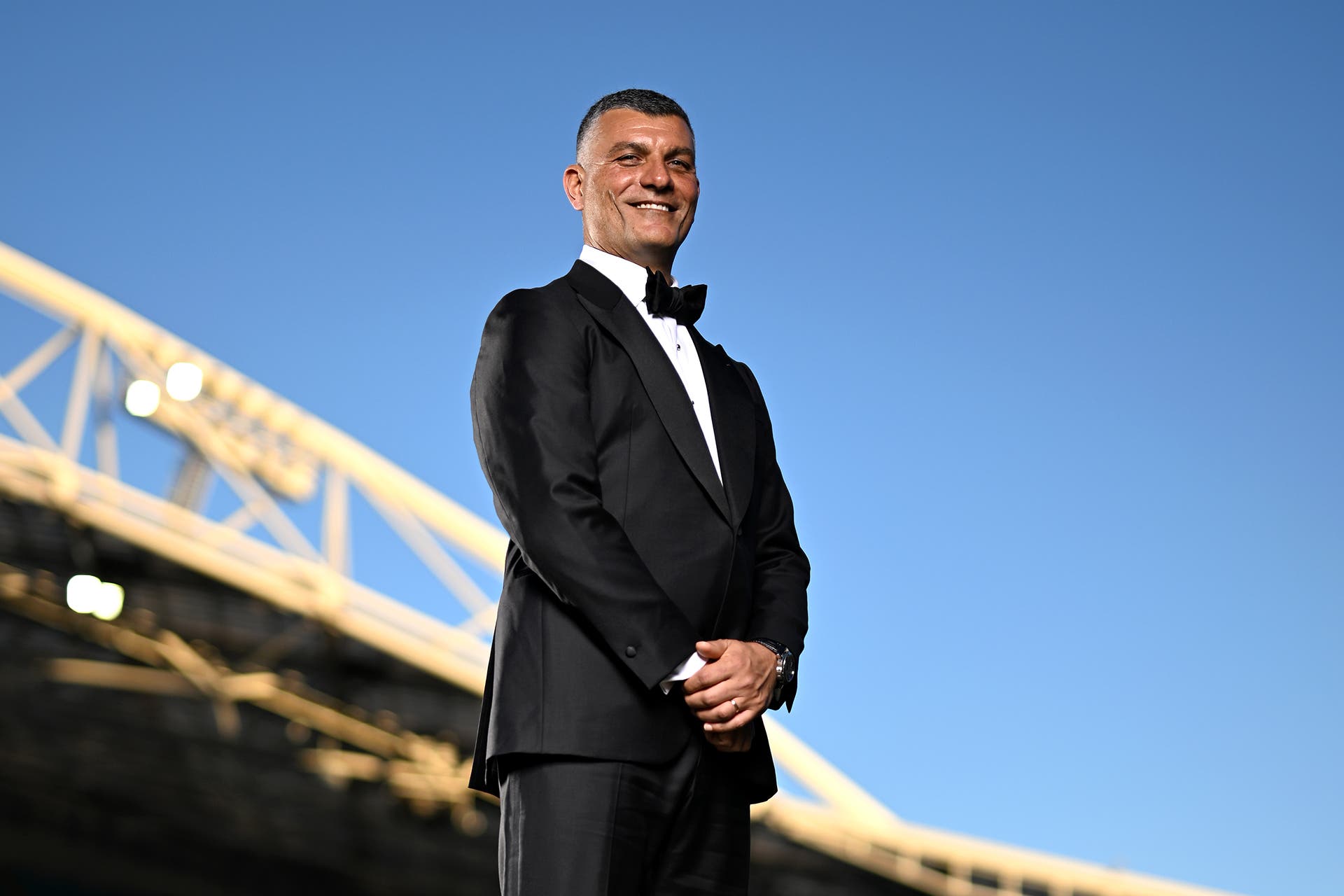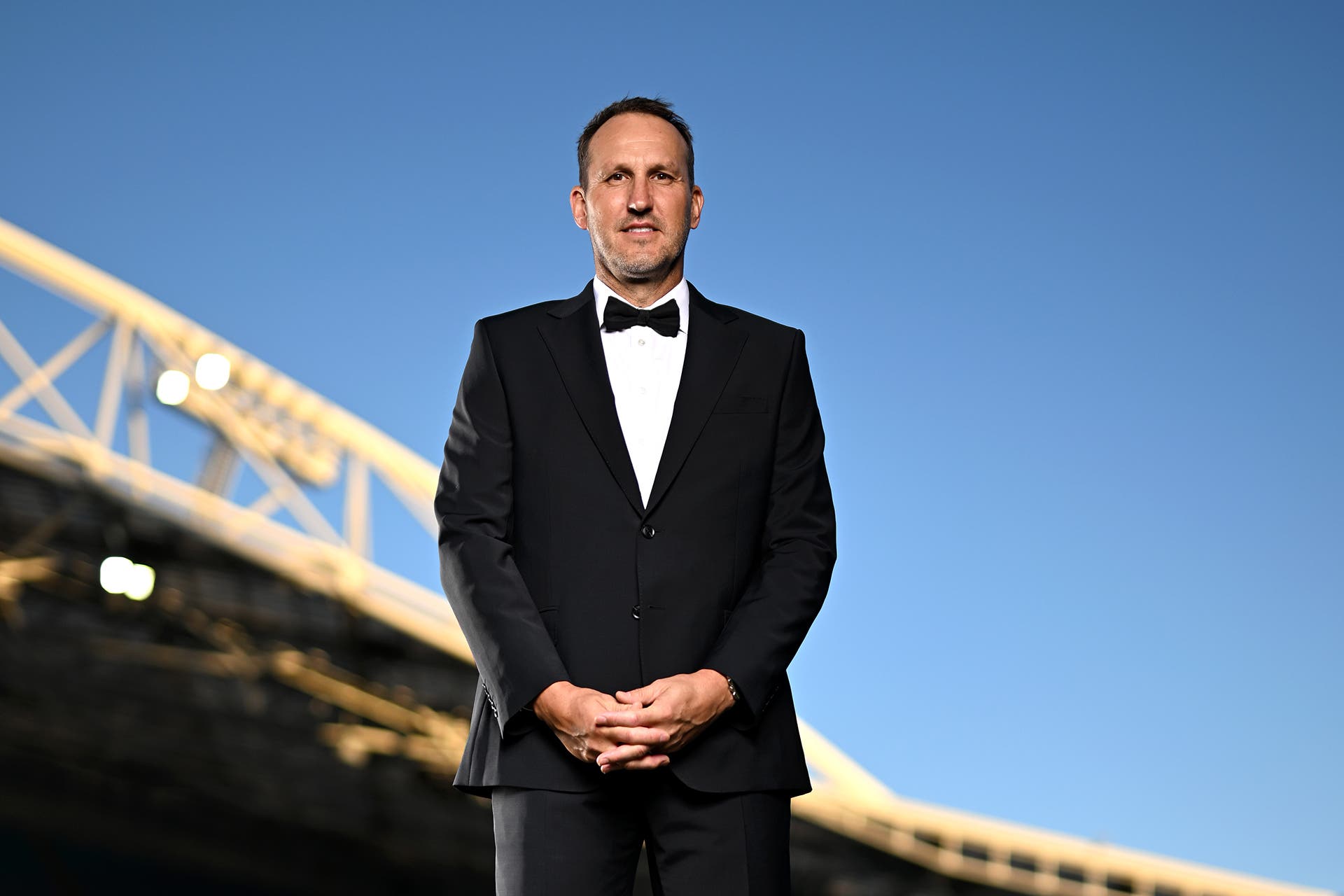Cathy Freeman OAM
"There can never have been a minute quite like it,” wrote the Sydney Morning Herald’s Tony Stephens on the night of the women’s 400m track final at the Sydney 2000 Olympics. "So many people — millions at Homebush, in their homes and public places — focused their will and good wishes on a single young woman doing what she loves and does best."
Ten days earlier, Cathy Freeman had lit the cauldron during the Games’ opening ceremony. Freeman first ran for Australia at the 1990 Commonwealth Games, winning gold in the 4x100m relay. Four years later, she won the 200m and 400m in Victoria, Canada. In 1996, she earned silver behind France’s Marié-Jose Pérec in the 400m at the Atlanta Olympics. Freeman was named Australian of the Year in 1998 after becoming 400m world champion, and then a series of dominant performances made her a pronounced favourite for her home Olympics. That status, of course, brought huge pressure; the manner in which she handled the nation’s expectations is part of her legend. Freeman was also seventh in the 200m final and ran a dazzling anchor leg as Australia finished sixth in the 4x400m relay.
In 2023, the eastern grandstand at Accor Stadium was officially named the Cathy Freeman Stand

